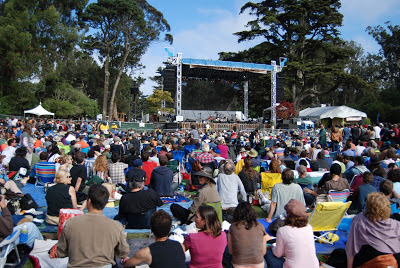Allophilia
I’m on a mission to become a better person. I’m not a terrible person, in my estimation, but I wouldn’t mind being better. In this case, better means being more compassionate, more connected to the present, that sort of stuff. Nicer, with a caveat. I also want everyone else to be better in this sense. We could all be nicer. I'm not talking about the kind of nice where everyone walks all over you or you become a martyr lamenting the condition of the world. In the simplest terms I can muster, being “nice” is empathizing with those close to you and offering help when you can.
For the last five years I have been focusing on compassion as the means to this end. However, compassion is a multi-faceted construct that, for most people, depends on things such as in-group/out-group preference and initial attachment. Initial attachment means that you have bonded with a caregiver sometime during your upbringing and, because you have, you are able to bond with other people. Research suggests that those who lack this initial attachment find difficulty later in life with creating bonds, especially pair bonds.
As for in-group/out-group preference, society as whole takes this for granted. Of course, we would prefer our group over those “others”. However, this doesn’t have to be the case. In the recent past (geologically speaking), resources were scarce and we had to fight in order to preserve our lineage. Currently, resources are dispersed in an unequal manner, creating a real sense of dearth for some, but this is not now a reason to feel dislike or hatred of other groups.
It may not seem natural to like the “other”. The running commentary of those who do not seems to include valid excuses. This is part of the reason why we have only sought to decrease prejudice.
However, we could go further. Todd Pittinsky, in his book “Us Plus Them”, describes a new term called allophilia, literally like/love of the other. How might we increase the like of the “other” in order to foster compassion and decrease in-group/out-group preference? We do so sometimes and without much direct consideration. As tourists, a person might admire the skill required to perform a folk dance in the Thai tradition. We might enjoy the otherness of an African tribe with painted skin and traditional beliefs.
There is a fine line between enjoyment and gawking, of course. Any time we mention “otherness” with a churlish or ironic tone, the sense of love is lost. So the question then becomes, “How might we increase true allophilia between cultures, countries, people, and races?” So I ask all of you - How might you feel happy for "them"?



Comments